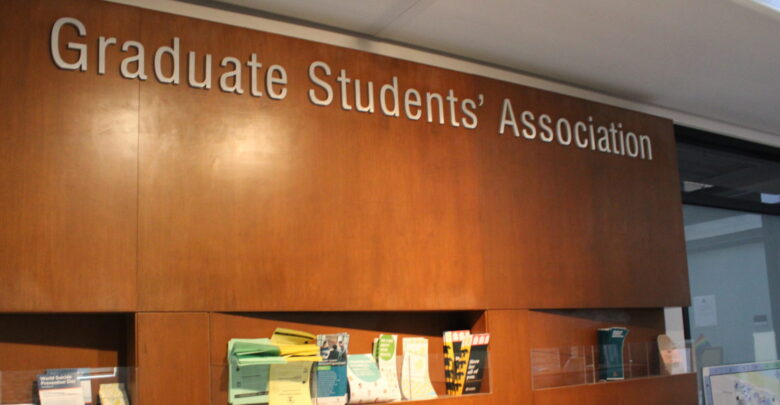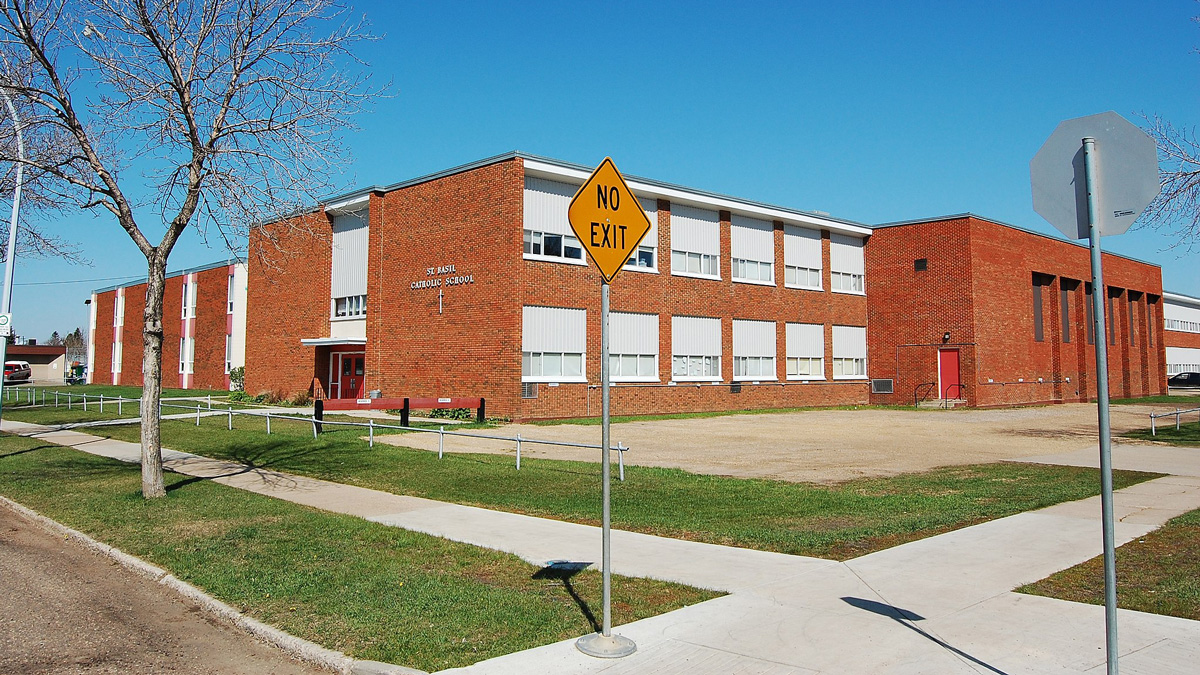 Amanda Sparks
Amanda SparksDisclosure: Benjamin J. Kucher was previously the GSA’s vice-president (student life).
The sudden and unannounced departure of Lewie Moodley, the University of Alberta Graduate Students’ Association (GSA) executive director, should have set off alarms across campus. But instead, it happened quietly — almost as if the organization hoped no one would notice.
I only found out by reading the minutes. Buried in the GSA Board’s report to council was a single line outlining Moodley thanking the GSA board for the opportunity and wishing them all the best.
Yet for those of us who have followed the GSA’s recent trajectory, the silence says everything.
This isn’t just a personnel change. It’s the latest chapter in a deepening crisis within the GSA — one marked by failed budgets, internal dysfunction, and a growing disconnect between the executives and the graduate students they are supposed to represent.
Let’s be clear: the GSA’s 2025–26 budget has now failed twice. The GSA council sent it back to committee not because of minor technicalities, but because it represented a complete failure of leadership and priorities. The budget would have slashed student supports while preserving executive perks. It proposed to cut the associate vice-president (labour) (AVPL) stipend by nearly 17 per cent. The proposed budget also undermined Indigenous representation by eliminating the Indigenous Strategic Initiatives fund without consultation. While making cuts elsewhere, it reallocated thousands to a vague, student-less “GSA Conference.”
Throughout this process, students demanded transparency and accountability. What they got was evasion and defensiveness. Revisions were cosmetic, consultations were limited, and the message from the top was clear — the executives would chart their own course, with or without student input.
Now, with no public announcement, the GSA executive director has exited the organization. No update, no plan, and no explanation.
This absence is more than symbolic. The executive director is supposed to be a stabilizing force — especially during times of upheaval. They are tasked with ensuring operational continuity and supporting student-led governance. That position holds the institutional memory and legal knowledge required to guide a student-led organization through complicated governance, budgeting, and labour relations. Their sudden departure, just weeks after a second budget failure, points to something seriously broken behind the scenes.
When an organization loses its professional leadership, fails to pass a budget, and alienates its own membership within the same year, we are not just looking at turbulence. We are staring down a full-blown governance crisis.
And yet, there has been no public communication from the GSA. No transparency. No attempt to involve students in what comes next. Just a continuation of the same silence that allowed these problems to fester in the first place.
If the GSA wants to salvage what’s left of its credibility, it needs to come clean — about Moodley’s departure, about the budget, and about the direction it’s heading. The student body deserves to know what is happening in the organization funded by their fees. We deserve a seat at the table.
Until this changes, no new hire will fix what’s broken.




